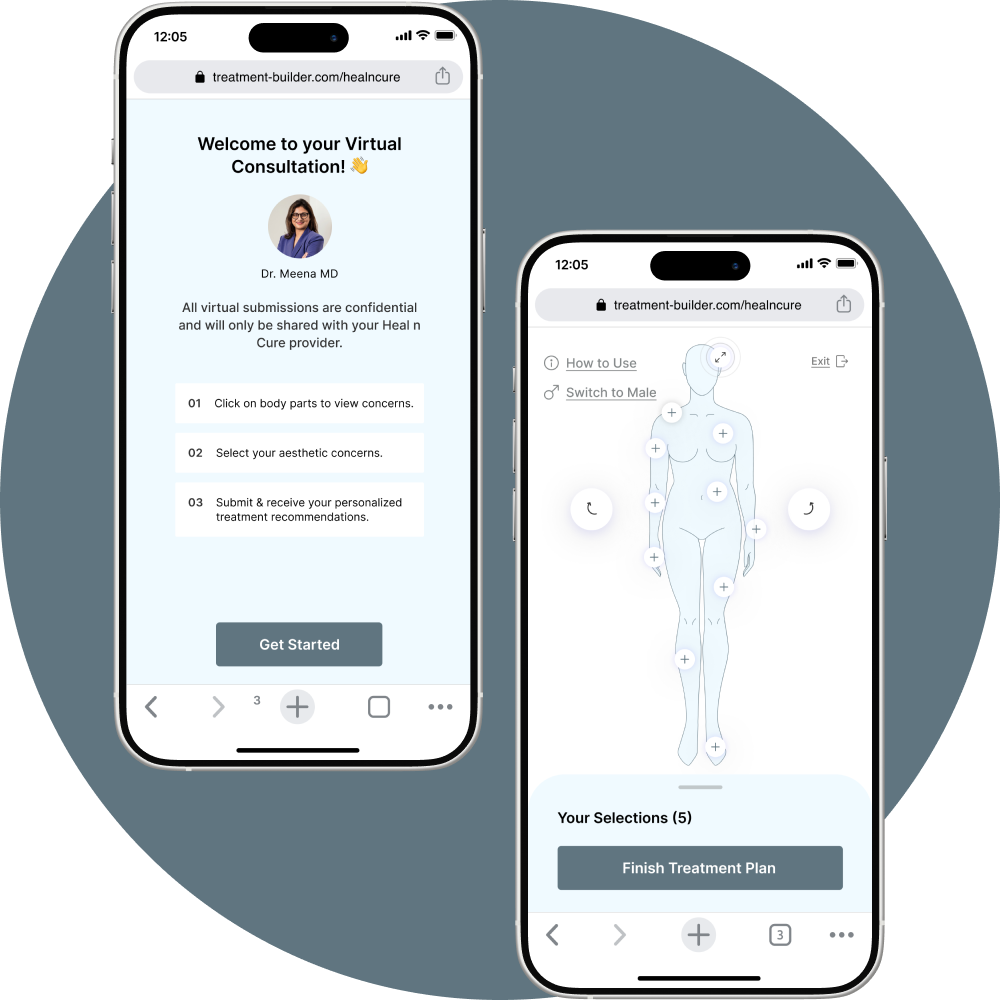
Exploring autoimmune diseases is crucial in today’s health-conscious world. This article examines these widespread conditions, focusing on their causes, like chronic inflammation, and the important link between gut health and autoimmune diseases. It also discusses how lifestyle and diet play a key role in managing these disorders. There’s increasing evidence suggesting a link between gut health, fasting, and autoimmune diseases within the framework of functional medicine.
Prevalence and Types of Autoimmune Diseases
Autoimmune disease affects hundreds of millions of people worldwide, and its prevalence is increasing. There are 100+ known autoimmune disease types. Some of the more prevalent include type 1 diabetes, rheumatoid arthritis (RA), systemic lupus erythematosus (SLE), and inflammatory bowel disease (IBD)
Chronic Inflammation and Triggers
For a patient with a history of chronic systemic inflammation and an antecedent, like an inflammatory diet or a psychological stressor could act as a trigger to precipitate autoimmune disease or disease flare-up.
The Link between Intestinal Permeability and Autoimmune Diseases
Genetic and environmental factors have long been understood to trigger autoimmune disease. In 2000, a third element—intestinal permeability commonly known as leaky gut which allows passage of antigens—macromolecules, toxins, food proteins, or others—from the gut into the body: intestinal permeability was found, Zonulinis the master regulator of intestinal permeability that opens the door to several chronic inflammatory conditions. Zonulin is found in abundance in rheumatoid arthritis, systemic lupus erythematosus, irritable bowel syndrome, and other autoimmune diseases Using zonulin as a biomarker for leaky gut is linked to age-related inflammation and frailty (decreased muscle strength). Pathogenic bacteria and gliadin are major triggers that cause the release of zonulin. Lactobacillus rhamnosus GG inhibits gliadin from altering intestinal permeability. This research contributes to a growing body of evidence showing the efficacy of healthy bacteria in treating the chronic inflammation implicated in autoimmune diseases.
Gut Microbiome and Chronic Diseases
Dysbiosis of gut microbiota has been closely linked to several diseases, such as obesity, type 2 diabetes, hypertension, necrotizing enterocolitis, and inflammatory bowel diseases. Healthy lifestyle factors, including a diversified diet, limited consumption of processed and refined foods, and consumption of adequate dietary fiber, may all promote a healthy microbiome. Foods and nutrients that potentially boost immune function also tend to promote gut health. For example, consuming a diverse array of fruits and vegetables rich in antioxidants, anti-inflammatory nutrients, and phytochemicals may reduce oxidative stress, support the liver to promote efficient biotransformation and detoxification, and boost overall immune system function. These same fruits and vegetables also contain soluble fibers that “feed” the commensal microbial community in the colon to optimize gut balance and health and insoluble fibers that assist in the efficient processing and elimination of waste from the intestinal tract.
Strategies for Managing Autoimmunity
In the context of functional medicine, interventions aimed at improving gut health, such as dietary modifications, probiotics, prebiotics, and targeted supplementation, may be recommended to support immune function and reduce inflammation in individuals with autoimmune diseases. Additionally, fasting protocols tailored to individual needs and health goals may be incorporated to modulate immune responses and promote overall health.
It’s important to note that while there is growing interest and preliminary evidence supporting the link between gut health, fasting, and autoimmune diseases, more research is needed to fully understand the mechanisms involved and optimize therapeutic strategies within the framework of functional medicine. Individuals with autoimmune diseases should consult with healthcare professionals, including functional medicine doctors like Dr Meena Malhotra, for personalized functional medicine treatments and management approaches.
Fasting is the fastest way to bring autoimmunity under control. After 72 hours of water-only fasting, autophagy and apoptosis changed in a favorable direction. In addition, components of the innate immune system were boosted compared to baseline measurements. Timed eating is another way to benefit the immune system. Timed eating is where you consume three meals per day within an eight-hour time frame at 1 pm, 4 pm, and 8 pm. After 12 months of TRE, inflammatory markers (interleukin 6, interleukin 1-beta, and TNF-alpha) were reduced, and both insulin sensitivity and lipid profiles were significantly improved compared to controls. Intermittent fasting enhances beneficial gut bacteria and increases short-chain fatty acids that promote healthy immune function. Please consult with your physician before engaging in any kind of fasting routine as the extent of fasting and support during fasting should be personalized for optimum outcome.
This article highlights the complexity of autoimmune disorders and the importance of understanding them. It emphasizes gut health and proper nutrition as key to managing these conditions. A holistic approach, informed by current research, is essential for better management and improved health. Consultation with healthcare experts is always recommended for personalized care.



